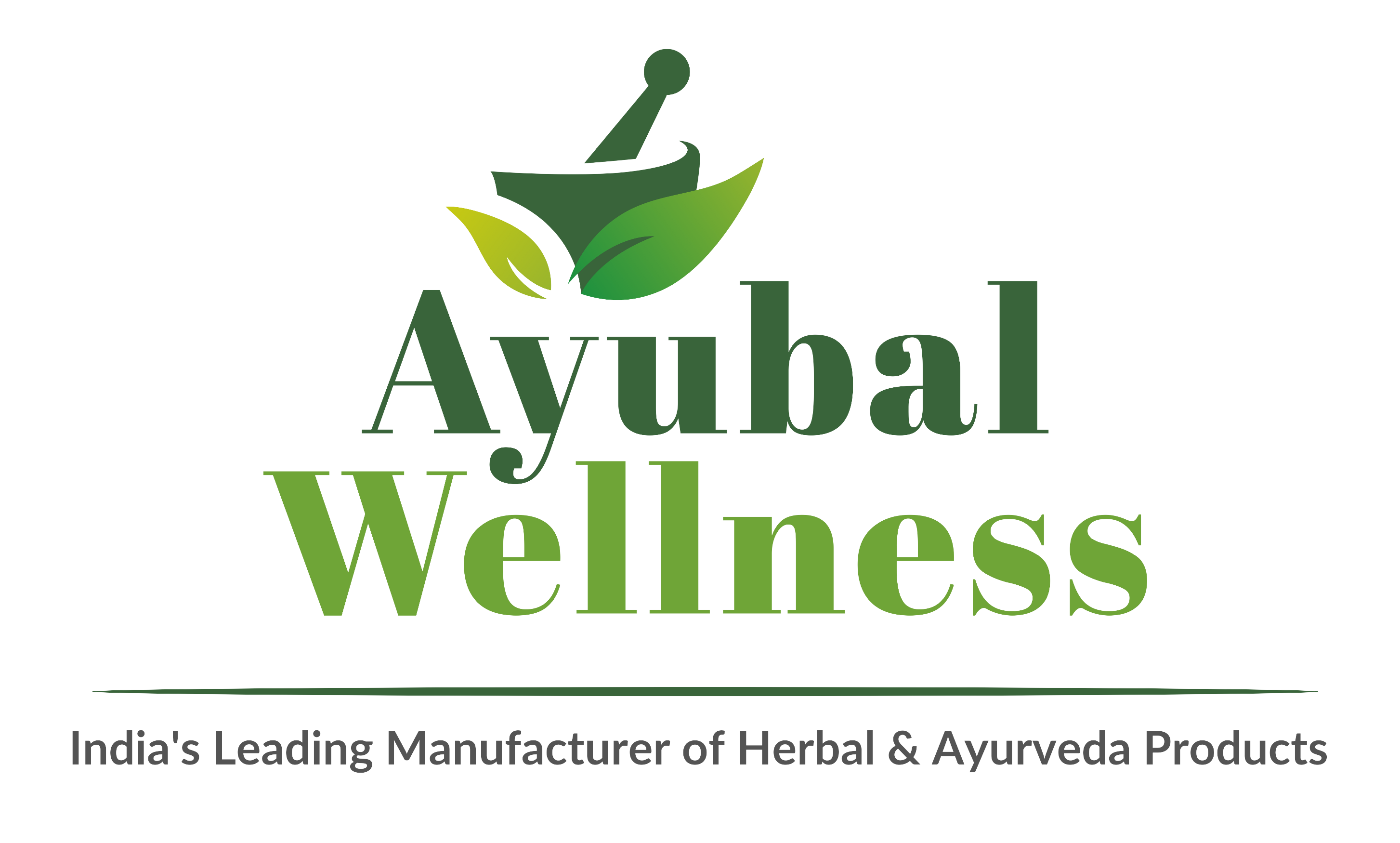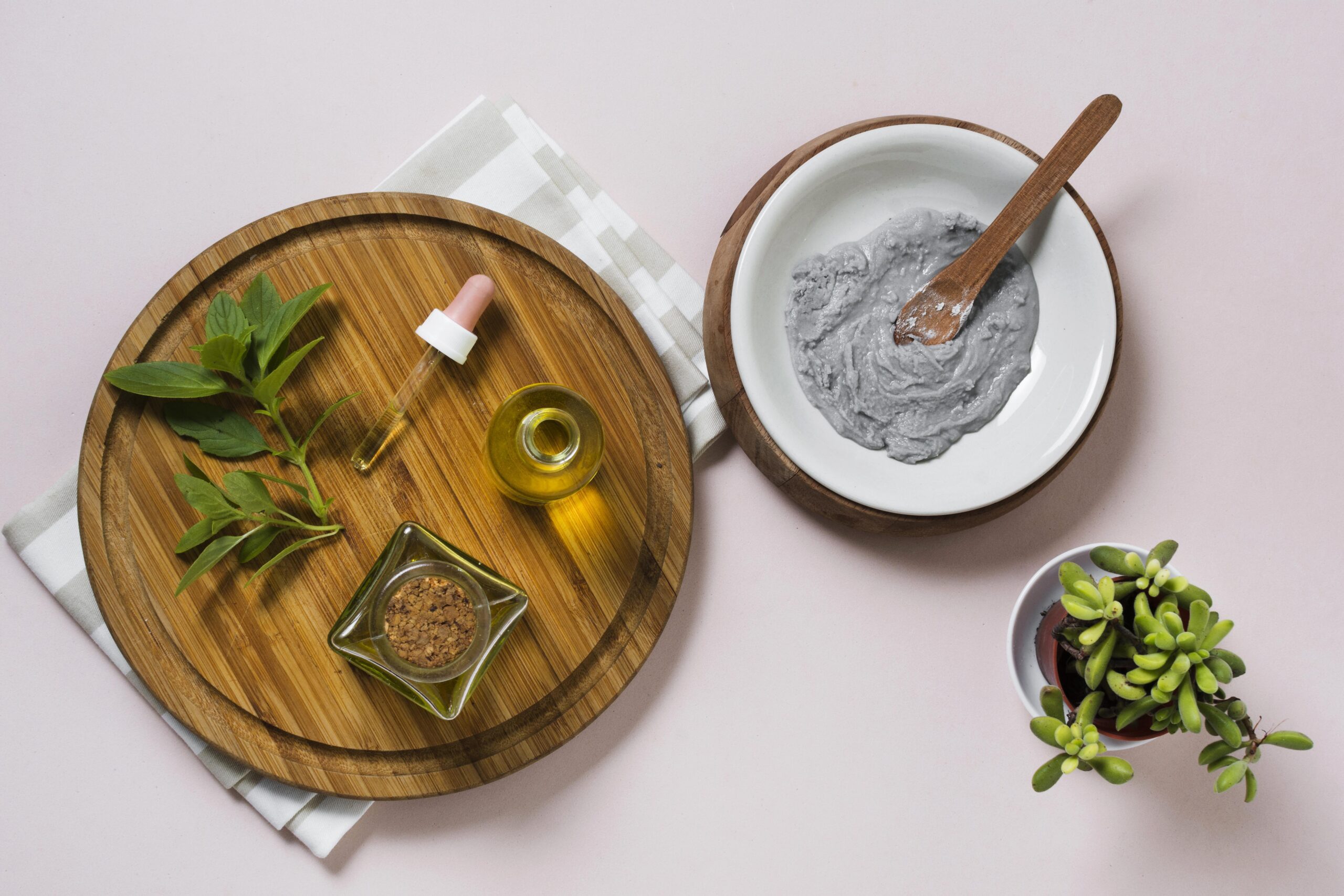Ayurvedic Products for Third Party Business
Understanding the Basics
What Are Custom Formulations?
Custom formulations are unique product blends developed specifically for a brand. These products are created from scratch based on the client’s brief, using desired ingredients, fragrance, texture, packaging, and intended efficacy. Custom formulation typically includes:
- Product conceptualization and market research
- Selection of active ingredients and base materials
- R&D, testing, and stability studies
- Packaging customization
- Compliance with regulatory requirements
- Trial batch production and final manufacturing
This process allows for maximum creativity and brand differentiation.
What Are Standard Products?
Standard products are pre-developed formulations available with third-party manufacturers. These are ready-to-use formulations that brands can private-label with their own branding and packaging. The formula remains the same across clients, but the packaging and brand identity differ. Standard product offerings usually include:
- Mass-produced, proven formulations
- Immediate availability with minimal lead time
- Established efficacy and regulatory compliance
- Lower cost of entry and smaller MOQs
These are ideal for brands seeking speed, simplicity, and lower upfront investment.
Pros and Cons of Custom Formulations
Custom formulations offer unparalleled brand uniqueness but come with higher complexity and investment.
Advantages of Custom Formulations
- Unique Brand Identity: Custom formulations help a brand stand out in a crowded marketplace. By offering something exclusive, brands can build stronger emotional connections with consumers.
- Full Control Over Ingredients: Businesses can choose every ingredient — ensuring alignment with their brand philosophy, whether it’s clean beauty, Ayurvedic purity, or vegan formulations.
- Adaptability to Market Trends: Custom products allow for fast responses to emerging trends such as blue-light protection, prebiotic skincare, or holistic wellness solutions.
- Long-Term Brand Loyalty: Consumers appreciate authenticity. A well-crafted proprietary formula can build a loyal customer base and encourage repeat purchases.
Disadvantages of Custom Formulations
- Longer Development Time: Product development, R&D, stability testing, and packaging customization can take anywhere from 3 to 6 months or more, depending on complexity.
- Higher Upfront Costs: The initial cost for formulation, testing, legal compliance, and minimum batch production can be significantly higher than standard products.
- Regulatory Complexity: Every custom product must meet quality and compliance standards, which can be a time-consuming and technical process for new businesses.
- Higher MOQ (Minimum Order Quantity): Custom products often require higher MOQs due to ingredient sourcing, packaging runs, and manufacturing line setup.
Get Custom Ayurvedic Solutions
Pros and Cons of Standard Products
Standard products provide ease, speed, and cost-efficiency — especially for new entrants or small-scale resellers.
Advantages of Standard Products
- Faster Time to Market: Brands can launch within weeks since the product is already developed and tested.
- Low Investment & Risk: With minimal R&D and setup costs, this model offers a lower barrier to entry and reduced financial exposure.
- Tested Efficacy: Standard products are often well-established in the market, with proven performance and consumer feedback.
- Easier to Scale: Reordering and scaling up are simpler with existing formulations, especially when the supply chain is streamlined.
- Suitable for Market Testing: Brands can test market response with existing products before committing to a fully customized line.
Disadvantages of Standard Products
- Limited Brand Differentiation: Multiple brands may be selling the same formulation under different names, reducing uniqueness.
- Restricted Innovation: Brands have to work within the limitations of the manufacturer’s offerings and cannot introduce unique ingredients or modifications.
- Pricing Pressures: Standard products often compete in the mid-to-low price segment, making premium pricing more difficult.
- Less Flexibility in Branding Story: The brand narrative may feel generic when built on common formulations, limiting emotional resonance with consumers.
Click to Find out 👇
Best Selling Products for Ayurvedic Third Party Business
Key Decision Factors for Businesses
A seasoned entrepreneur in the herbal wellness industry advises evaluating several critical factors before choosing between custom and standard formulations.
1. Business Goals
- Short-Term Focus: Go with standard products to test markets quickly and learn the dynamics.
- Long-Term Vision: Invest in custom formulations to build a lasting, differentiated brand.
2. Budget & Cash Flow
- Custom R&D requires upfront investment for formulation, packaging, and regulatory procedures.
- Standard products allow for leaner launches with smaller MOQs and faster turnover.
3. Market Positioning
- If targeting premium or niche segments like Ayurvedic healing, luxury skincare, or wellness rituals, custom products offer better alignment.
- For mass-market solutions or budget-friendly categories, standard products serve well.
4. Product Development Timeline
- Custom formulations may take 3–6 months (or longer) for R&D, testing, and packaging.
- Standard products can be ready for launch in as little as 2–4 weeks.
5. Experience & Expertise
- First-time entrepreneurs often benefit from starting with standard products to reduce complexity.
- Experienced business owners or those with a strong brand identity may find custom formulations more rewarding.
Role of Third-Party Manufacturers
In both scenarios, third-party manufacturers play a pivotal role. Whether it’s formulating a new Ayurvedic product with unique botanicals or private labeling a best-selling herbal face wash, manufacturers enable scalability, quality assurance, and compliance.
Services Offered by Reputed Manufacturers
- Product development & R&D
- Ingredient sourcing and sustainability compliance
- GMP-certified production facilities
- Quality control and safety testing
- Packaging design and customization
- Labeling as per regulatory standards (FDA, AYUSH, etc.)
- Documentation support (MSDS, COA, license assistance)
Third-party manufacturers bridge the gap between idea and execution — empowering brands to launch confidently and focus on marketing, sales, and growth.
Industry Trends Favoring Both Models
The market is increasingly diverse. While some consumers crave authenticity and innovation, others are drawn to affordability and accessibility. Both product models are seeing growth depending on region, demographics, and buying behavior.
Customization Trends on the Rise
- Personalized skincare and wellness routines are gaining traction.
- Ayurvedic and natural beauty solutions are being tailored for individual needs (e.g., dosha-specific care).
- Ingredient consciousness and transparency are fueling demand for custom blends.
Standardization Still Relevant
- The growth of e-commerce platforms and D2C brands has expanded opportunities for private labeling standard products.
- Many successful brands use standard products as MVPs (Minimum Viable Products) before investing in customization.
The Balanced Path: Hybrid Strategy
Successful entrepreneurs often advise a hybrid strategy — beginning with standard formulations to build momentum, test markets, and generate cash flow. Once the brand gains traction and market insight, transitioning into custom formulations helps refine the brand experience and elevate value. This staged approach offers the best of both worlds:
- Low-risk entry with standard products
- Long-term growth through custom innovations
It allows businesses to remain agile, adaptable, and consumer-focused. Choosing between custom formulations and standard products is not about right or wrong — it’s about strategic alignment. The decision should be guided by a clear understanding of business goals, financial bandwidth, target audience, and market positioning. Custom products enable creativity, differentiation, and long-term brand equity but require time, investment, and expertise. Standard products provide simplicity, speed, and affordability — ideal for testing waters or launching multiple SKUs quickly. As the Ayurvedic, herbal, skincare, and wellness industries continue to grow globally, the opportunities are immense. Whether you’re just starting out or looking to scale, partnering with a capable third-party manufacturer ensures your products meet the highest quality standards — and your brand continues to evolve with the market.







